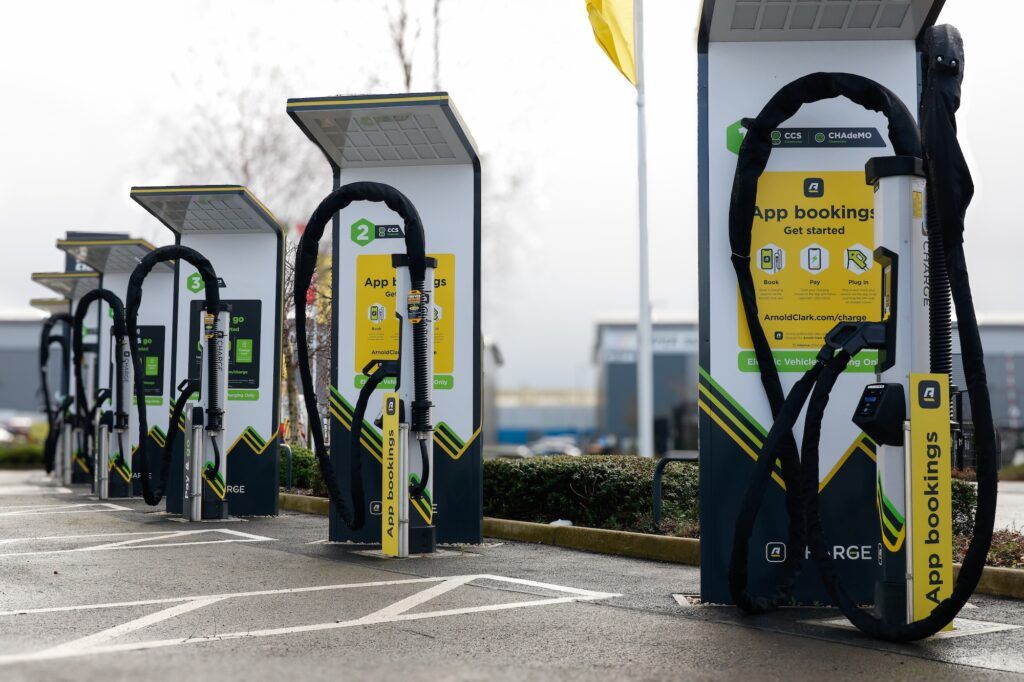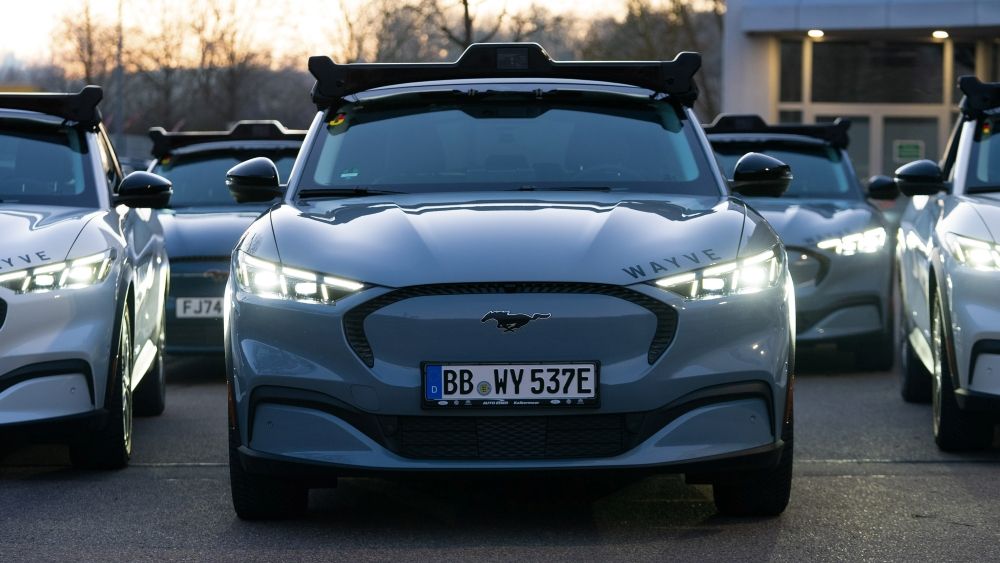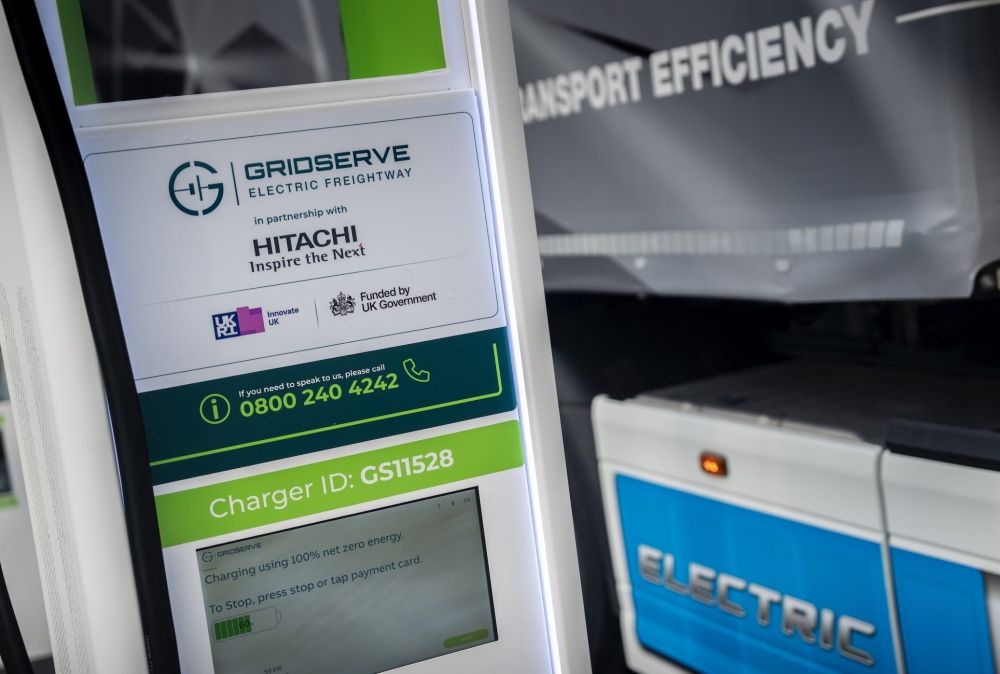Cross-party local climate network UK100 has warned that “targets alone are terrible” for winning public support.
It comes as the group launches a major report demonstrating how councils are delivering tangible benefits through climate action.
Speaking at UK100’s Beyond Targets event today (13 June) Christopher Hammond, Chief Executive of UK100, will challenge the climate sector to reframe its approach as political opposition to targets intensifies.
“The political consensus is dead. We need to win the argument again,” Hammond will tell over 100 delegates from local authorities across the UK. “We will not meet our climate targets if we keep talking about meeting our climate targets. It is too abstract.”
The conference, marking five years until many councils’ ambitious 2030 targets and 25 years to the national 2050 deadline, and comes as Reform UK’s recent electoral gains signal growing political challenges for climate action.
UK100’s new flagship report reveals how successful councils are building support by focusing on immediate community benefits rather than distant emissions targets.
Key findings include:
- Birmingham’s Clean Air Zone prevents an estimated 7,500 hospital visits annually.
- Leeds’ clean heat network is helping lift almost 2,000 households out of fuel poverty by reducing bills by up to 25%.
- Cambridgeshire’s retrofit programme is training 2,000 local people
- Cardiff’s Local Area Energy Plan will create 10,000 jobs and wipe £500 million off collective energy bills.
“Behind each of these numbers is a business grown, home improved and a family better off,” Hammond said. “If we let our opponents make climate action and clean air a culture war, we will lose.”
The report launch follows Reform UK’s significant gains in recent local elections. Hammond will explicitly address this political shift, warning that political opponents and fossil fuel proponents are shaping climate action as “an albatross around our necks.”
He challenged the sector to reclaim the narrative: “The status quo is the vulnerable freezing in winter. It’s floods, warped rail lines and wrecked roads. It’s turning our back on investment and growth.”
Hammond will conclude his speech at the conference with a rallying cry to the sector: “Don’t give up, be proud of what you have done and are doing.”
Jamie Clarke, Director of Engaging Climate, said
“After two decades working in climate communication, I’ve learned that people don’t connect with carbon jargon or tonnes of emissions data — they connect with each other.
“The real breakthrough isn’t when a council hits its net zero target; it’s when a neighbour tells a friend about their lower energy bills.”
More In Common’s Andrew Fowler added:
“At a time when politics in Briton feels to many more divided than ever, this report details why, but even more crucially how to bring about local climate action to move beyond discourse and genuinely benefit communities”.
Speaking before a masterclass session on local energy planning, Bridget Hartley, Head of Regional Energy Strategic Planning at National Energy System Operator (NESO), said:
“The NESO is developing Regional Energy Strategic Plans to coordinate energy infrastructure across Great Britain. This collaboration between national, regional and local planning is essential for an energy system that works for everyone.”
Ollie Pendered, Chief Executive of Community Energy Pathways, said:
“Local Area Energy Plans should look to develop a pipeline of local energy projects to unlock and accelerate to a greener low carbon future. When communities have a stake in their energy future through local energy ownership, we don’t just hit energy targets — we build resilience and wealth that stays local.”
Ahead of her conference session exploring a “Fresh Take on Clean Air,” Jemima Hartshorn, Founder and Director of Mums for Lungs, said:
“Since starting Mums for Lungs in Brixton in 2017, we’ve seen how clean air campaigns succeed when they connect with what parents actually worry about — their children’s health and future. UK100’s research shows exactly why our grassroots approach works: clean air isn’t just about emissions data, it’s about creating streets where children can breathe safely, learn better, and play freely.”
Ahead of his speech at the same session, Cllr Majid Mahmood, Cabinet Member for Environment and Transport at Birmingham City Council, added:
“Birmingham’s Clean Air Zone has shown what’s possible when you measure success beyond compliance figures. We’ve tackled an issue that has contributed to early deaths and made worse a range of chronic health conditions. UK100’s research captures exactly what we’ve experienced — that clean air action supports health, and builds community pride.”
Also sharing the same stage, Dr Suzanne Bartington, UKRI Clean Air Champion & Clinical Associate Professor at The University of Birmingham added:
“Through the £42.5 million UKRI Clean Air Programme, we’ve connected environmental and health research communities, building the evidence to support practical indoor and outdoor air quality solutions. UK100’s research suggests that moving beyond traditional transport-focused approaches unlocks even greater potential. With emerging evidence showing indoor sources like gas hobs and wood burners rival busy roads for pollution exposure, local authorities need fresh strategies that engage communities around health protection. The ‘beyond targets’ approach recognises that clean air isn’t just an environmental goal — it’s a pathway to healthier, more prosperous communities where everyone can thrive.”
Image courtesy of UK100












